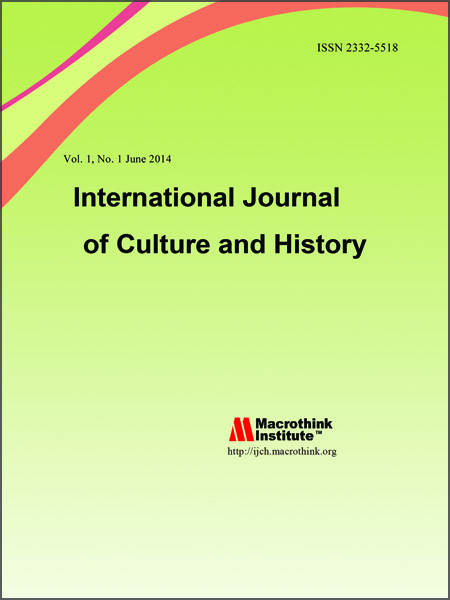A Comparative Study of Baghdad as a Histo-Cultural Symbol in Salah Al-Hamdani's "Baghdad, My Love" and Alfred Lord Tennyson's "Recollections of Arabian Nights"
DOI:
https://doi.org/10.5296/ijch.v11i2.22164Abstract
This study examines the disparate literary representations of Baghdad by Alfred Lord Tennyson (1809–1892) and Salah al-Hamdani (1951–). The romanticized and wistful longing for a more exotic and daring Baghdad of Tennyson's "Recollections of the Arabian Nights" is presented. As an illustration of a deep love for its people, al-Hamdani's "Baghdad, Mon Amour" provides a close-up look into the city's stormy past. Al-Hamdani uses powerful imagery and moving language to capture Baghdad's resiliency and eternal soul. The poetry of Hamdani and Lord Tennyson are scrutinized and contrasted in this study using an eclectic approach combining Feminism and Orientalism analysis. In order to capture the poets' literary traditions and lyrical depictions of Baghdad, two poems were chosen. The analysis demonstrates how poetry may engage with a city's complicated character and history, underscoring Baghdad's ongoing value as a literary inspiration. The investigation comes to the conclusion that, albeit using different approaches, Tennyson and al-Hamdani both successfully convey Baghdad's significance as a historical and cultural metropolis. Al-Hamdani takes a reality-based stance, functioning as an observer, whereas Tennyson highlights the value of Baghdad by incorporating its history and culture.

